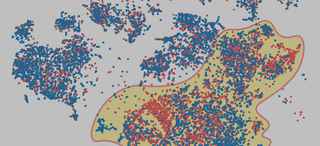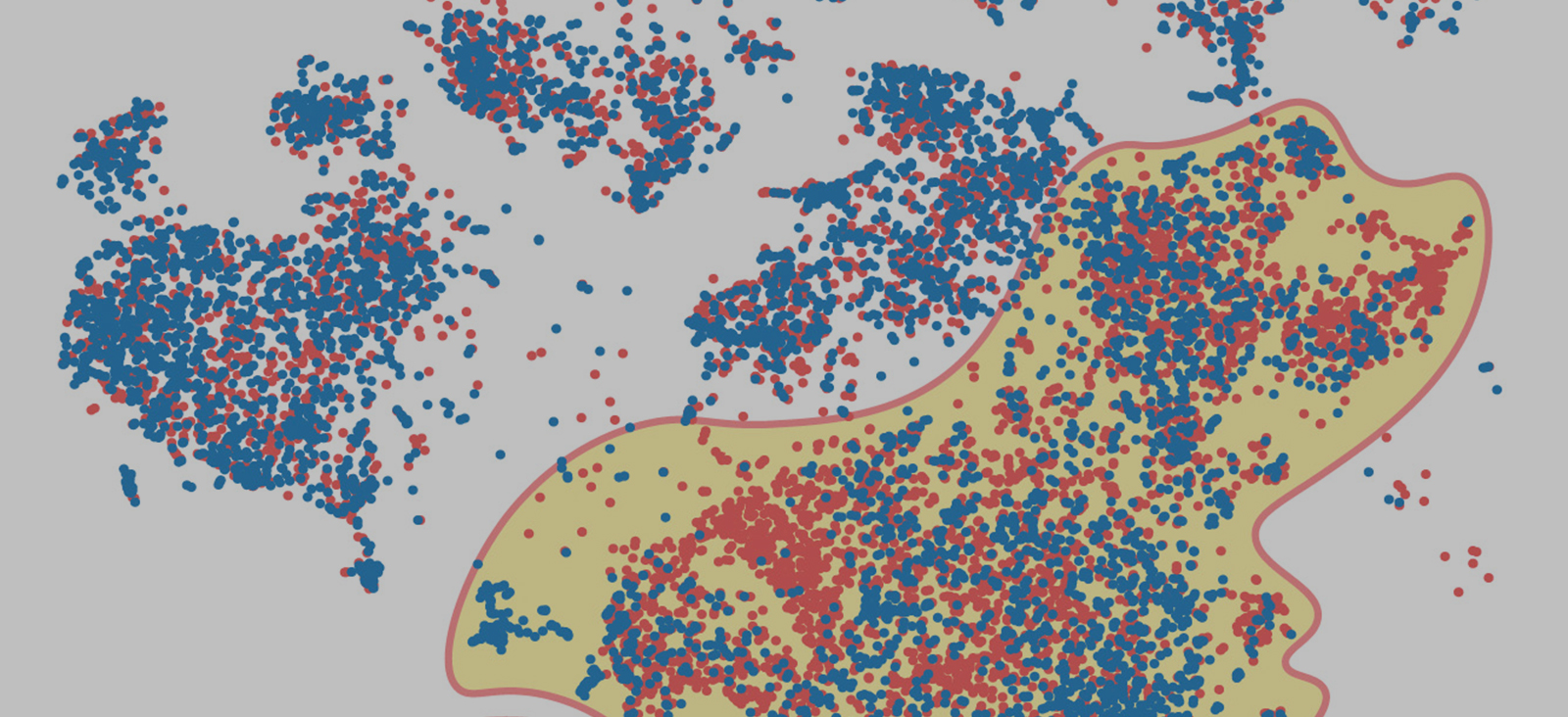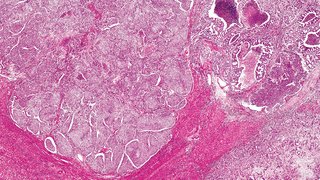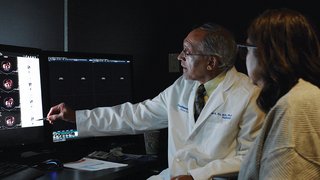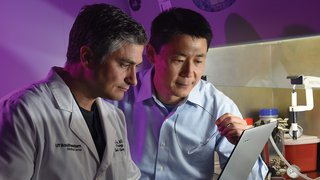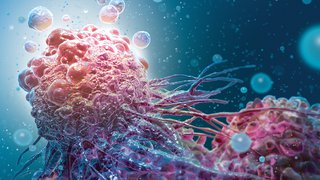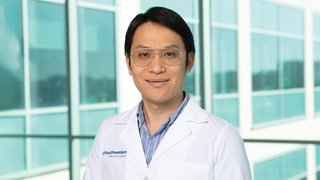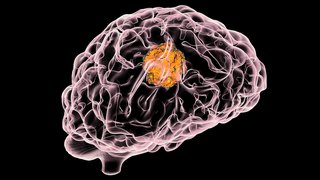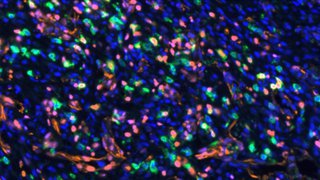Targeting Lactate Metabolism for Cancer Immunotherapy
March 29, 2023
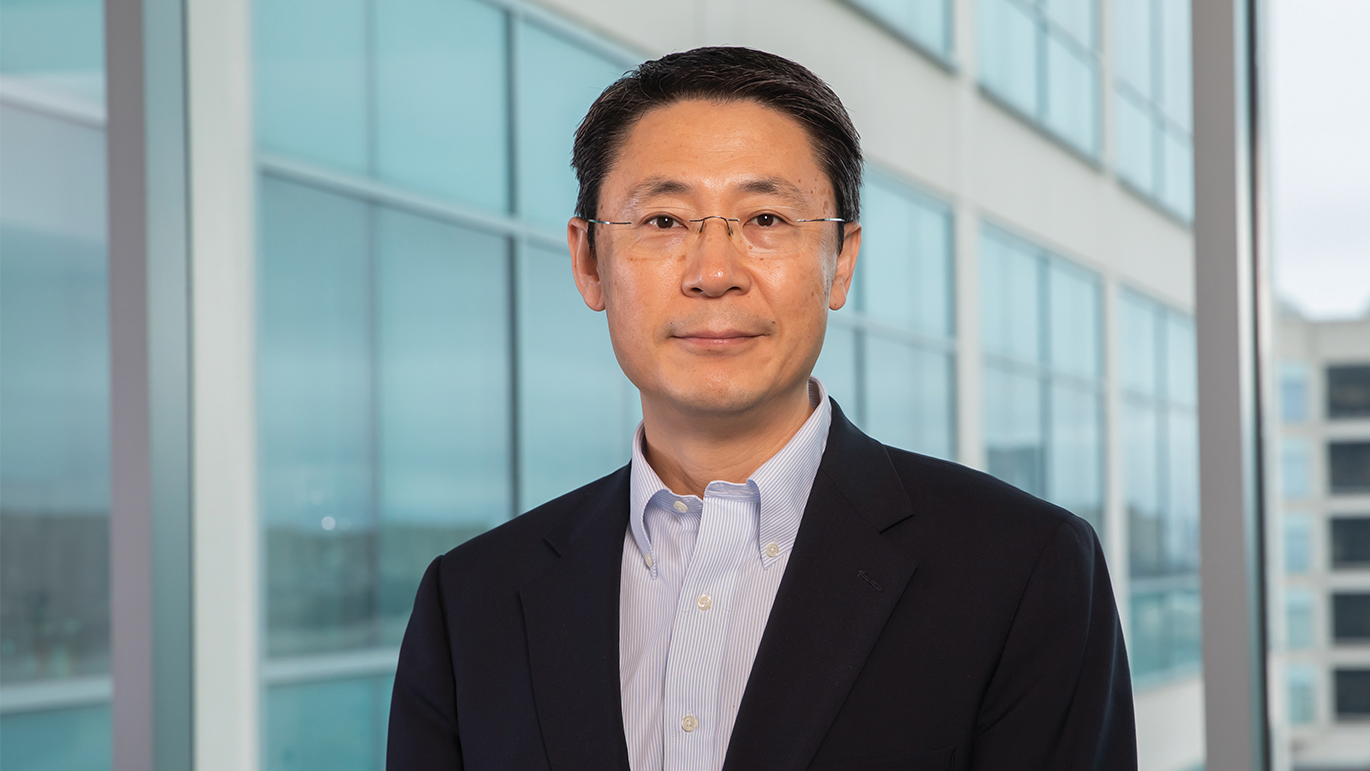
New research indicates that lactate, a metabolic byproduct produced during exercise, could augment the anti-tumor effect of cancer immunotherapies.
A new study by UT Southwestern Harold C. Simmons Comprehensive Cancer Center researchers suggests that lactate, a metabolic byproduct produced by cells during strenuous exercise, can rejuvenate immune cells to fight against cancer. The results eventually could be used to develop new strategies to augment the anti-tumor effect of cancer immunotherapies.
“Lactate has historically been known as a metabolic waste product from fermentation of carbohydrates or anaerobic glycolysis in skeletal muscles during exercise,” says Jinming Gao, Ph.D., a Professor at Simmons Cancer Center and in the Departments of Pharmacology, Otolaryngology — Head and Neck Surgery, and Cell Biology at UT Southwestern. “Recent studies in lung cancer patients show lactate can be used as an energy source by the cancer cells.”
Dr. Gao co-led the study with fellow Simmons Cancer Center members Baran Sumer, M.D., Professor of Otolaryngology – Head and Neck Surgery, and Bo Li, Ph.D., Assistant Professor of Immunology in the Lyda Hill Department of Bioinformatics. Qiang Feng, Ph.D., a postdoctoral fellow in the Cancer Center, performed the majority of the research.
“As a more direct implementation of lactate, the inclusion of lactate in ex vivo T cell expansion may benefit CAR–T therapy.”
Jinming Gao, Ph.D.
Sodium Lactate and Immune Function
In the tumor-immune microenvironment, the effect of lactate on cancer and immune cells is highly complex and confounded by the presence of acidic protons, a co-product of glycolysis. Furthermore, the effect of lactate on CD8+ T cell immune functions is poorly understood with immune suppressive functions reported for lactic acid in glycolytic tumors.
“We investigated the effect of sodium lactate, apart from its acidic counterpart, on immune functions,” Dr. Gao says. “In contrast to the immune suppressive effect of lactic acid, we discovered an immune protective role of sodium lactate through the boosting of stem-like CD8+ T cells in cancer treatment.”
Immune Protective Role of Sodium Lactate
To characterize the effect of lactate on anti-tumor immune response, Dr. Gao and his team treated tumor-bearing mice that lack T cells with subcutaneous administration of sodium lactate. Lactate treatment showed no effect on tumor growth in these T cell-deficient mice, suggesting that T cells are required for lactate to exert an anti-tumor effect.
Additional findings revealed that antibody blocking of CD8+ T cells abolished the anti-tumor effect of lactate. In contrast, the blocking of CD4+ T cells or macrophages did not affect the anti-tumor efficacy of lactate.
“These results support the notion that lactate promotes anti-tumor immunity through CD8+ T cells,” Dr. Gao explains.
To further explore a more potent anti-tumor effect and potential clinical applications of this work, the researchers employed two regimens, which consist of anti-PD-1 therapy to induce checkpoint blockade therapy, or a PC7A nanovaccine as T cell therapy in three mouse tumor models.
In these tumor models, lactate treatment significantly improved the efficacy of anti-PD-1 therapy by slowing tumor growth and prolonging mouse survival. The combination of lactate and anti-PD-1 therapy cured 50% of the mice while all mice in the control group died before day 60. However, glucose, another nutrient that cancer cells use for growth, did not improve the anti-tumor efficacy of anti-PD-1 therapy.
“Lactate, but not glucose, promoted anti-tumor immunity in multiple tumor models,” Dr. Gao says. “CD8+ T cells in vitro pretreated with lactate also inhibited tumor growth upon adoptive transfer to tumor-bearing mice.”
Future Directions and Clinical Applications
Based on these findings, Dr. Gao hypothesizes that the immune protective role of lactate is caused by the dominant immunosuppressive effect of tumor acidity.
“The anti-tumor action mediated by lactate was largely driven by the CD8+ T cells in our tumor models as supported by the fact this effect did not occur in mice without CD8+ T cells,” Dr. Gao says. “The delineation of the lactate versus lactic acid effects on other immune cell types is worthy of further study.”
In the clinic, lactate is widely used as Ringer’s lactate or Hartmann’s solution with a well-documented safety profile for fluid resuscitation and for reducing metabolic acidosis. The current Ringer’s formulation or a modified solution with increased lactate concentration may protect CD8+ T cell functions during immunotherapy in cancer patients.
“As a more direct implementation of lactate, the inclusion of lactate in ex vivo T cell expansion may benefit CAR–T therapy,” Dr. Gao explains.
He adds: “Lactate may also have the potential to augment the therapeutic outcomes of immune checkpoint blockade, T cell vaccine, and adoptive T cell transfer therapy.”
Jinming Gao, Ph.D., is a Professor at Simmons Cancer Center and in the Departments of Pharmacology, Otolaryngology — Head and Neck Surgery, and Cell Biology at UT Southwestern, and he is a member of the Experimental Therapeutics Research Program at Simmons. He is also a scientific founder of OncoNano Medicine, Inc.
